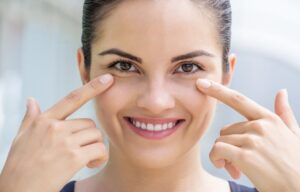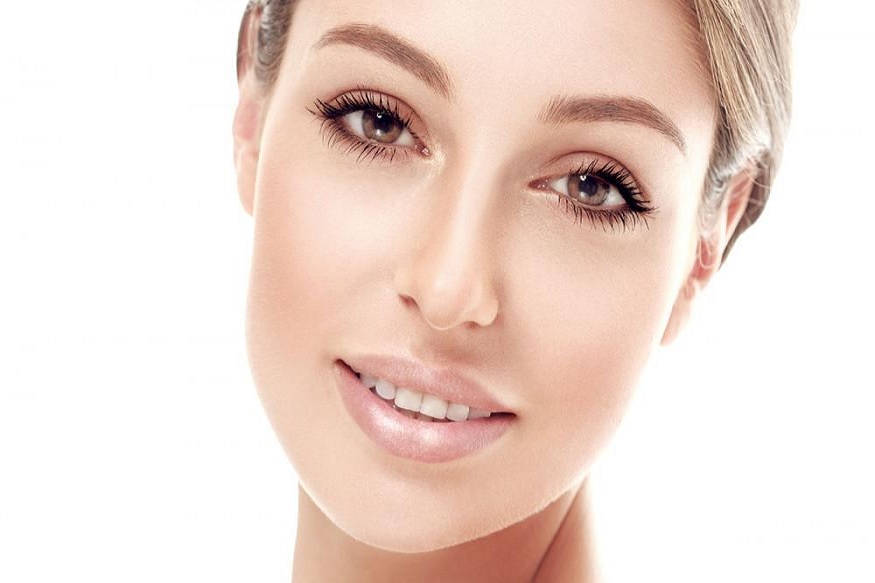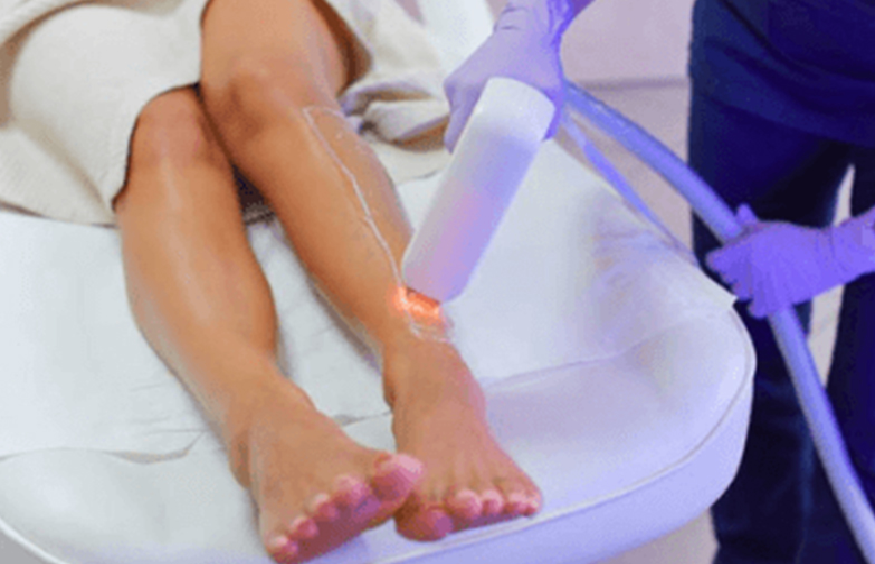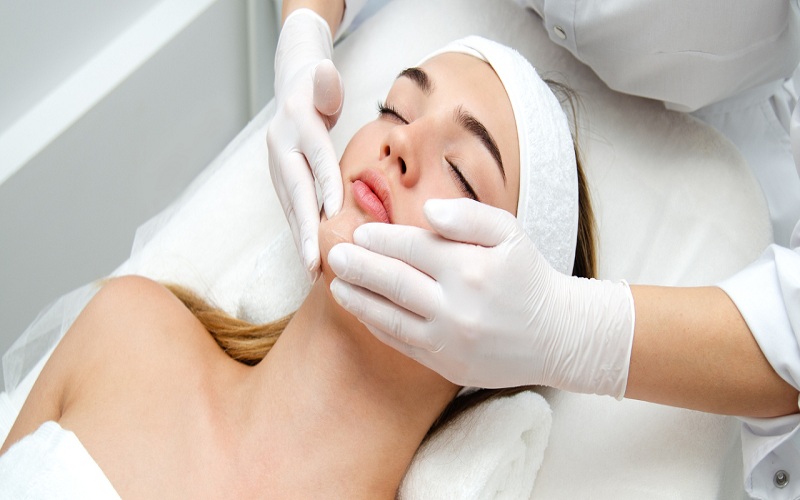It’s a fact: we don’t all age at the same rate . Some people may look much older than their age, while others develop signs of aging (wrinkles, sagging, age spots, etc.) more slowly.
But, what are these significant differences (up to 10 years apart!) due to? There are several factors ; some over which we have no control, such as genetics , and others over which we can act, such as stress or smoking .
In order to enlighten you on the subject, and possibly surprise you, we have listed 8 things that cause your skin to age prematurely .
Exfoliate too much
Exfoliation is part of a healthy beauty routine: once in a while, it’s a good thing to remove dead cells on the upper layers of the epidermis, thus helping with cell renewal.
That said, you still have to be careful with this gesture, that is to say not to abuse it, to do it at a frequency adapted to your age and not to use products that are too powerful.
Before the age of 30, for example, dermatologists recommend exfoliating only about once a month; otherwise what is likely to happen is that you may get rid of cells that are still perfectly fine, making the skin unable to replace them in time.
Some exfoliators are much less abrasive than others: if you like the feeling of deep cleansing, make yourself a gentle exfoliant with sugar, for example. You can use it more often than once a month, without pressing too much on your skin. Beware, however, of stronger exfoliants as well as products that contain retinol, which is itself a powerful exfoliant.
Not eating enough fat
Surprising and intriguing, isn’t it? It is, however, very true. We have often heard the message that fat is the enemy of our diet. But skincare expert Marie-Véronique Nadeau disagrees AT ALL with this statement: “Low-fat diets are absolutely horrible for the skin,” she says. “Make sure you’re getting enough fat, and I’m not talking about vegetable oils, either.” The specialist is aware that this is a controversial position, but according to her, there is nothing better for the skin than animal fat. Well!
She’s not the only one who thinks so either. Dr. Bonnie Taub-Dix says the same thing: “The saying that you are what you eat is especially true about fat. If you don’t eat enough, your body won’t be able to maintain soft, supple skin. One of the most obvious signs that a person is not eating enough fat is dry skin – which accelerates aging”. Marie-Véronique even has an additional argument in favor of fat: “A diet that contains enough fat allows better absorption of fat-soluble vitamins (A, D, E and K)”.
Eat a lot of sugar
It’s such a common “poison” in our culture, but it’s important to be careful: consuming large amounts of sugar damages the collagen structure that keeps our skin looking young. The collagen fibers therefore become brittle and weak. Over time, they can no longer maintain a smooth appearance, so wrinkles and “crevices” begin to appear.
Sugar is also associated with a state of inflammation in the body, which tends to age it prematurely.
Does that mean never eating sugar again? Of course not. But reducing it, yes. In the long run, the less sugar you consume, the less you crave for more. What dermatologists recommend on a daily basis, for example, is to fill a sugary taste with berries rather than candy.
Drink alcohol
A small drink from time to time won’t change much, but heavy alcohol consumption leaves traces on the skin, that’s for sure.
Alcohol has an intense dehydrating effect on the body, including the skin. According to nutritionist Jairo Rodriguez, “alcohol is one of the most aggressive and destructive compounds for our skin”. After a few years of regular drinking (2 drinks a day), Rodriguez says a woman can easily look 10 years older than her age. A decade!
Alcohol also causes inflammation, which is a big stressor on our bodies and can lead to redness , patches, and uneven-looking skin. The idea is not to cut out alcohol completely (or yes, maybe for some people), but to at least reduce its consumption.
Rodriguez advises women to drink only twice a week, without excess, and spacing each time at least 48 hours apart.
Wanting to “boost” your collagen too soon
Collagen supplements are often cited as being very beneficial in many ways, including for the skin, but also hair and nails, joints, digestive health, etc.
On the other hand, dermatologists warn that before the age of 30, it is not necessary and it is even counterproductive to take it. This is because until this age, our body produces enough of it, and it is important not to give it too much. Otherwise, what is likely to happen is that the body’s natural collagen production cycle will be disrupted, which could prevent it from replacing older, damaged fibers.
In short, collagen, whether in the form of supplements, serums or stimulating treatments ( peels , micro-dermabrasion, laser treatments, treatments with micro-needles) is recommended only from the mid-thirties, to overcome natural decline in collagen production.




